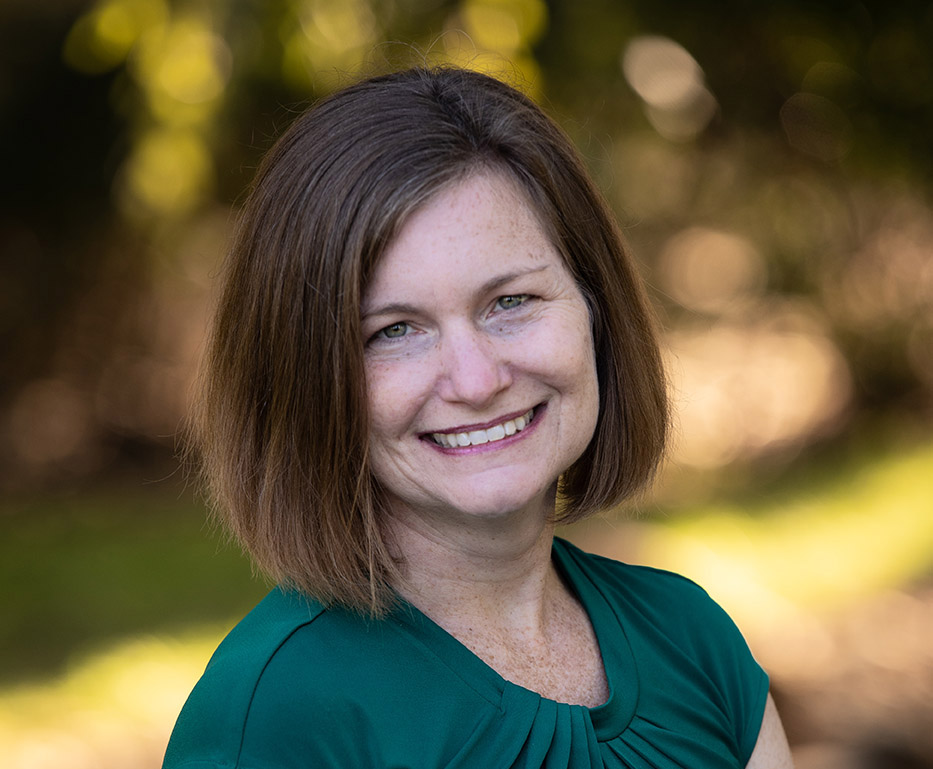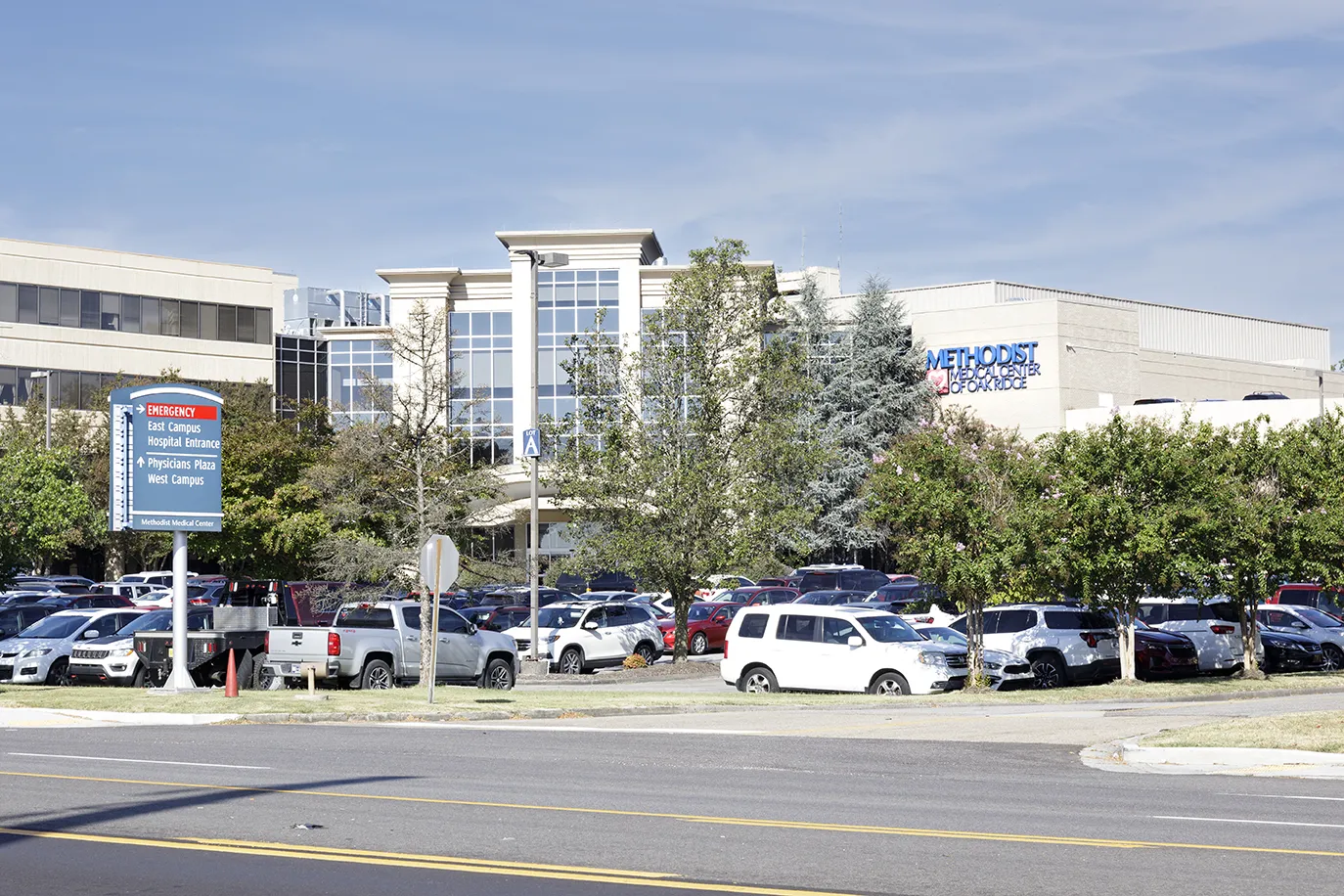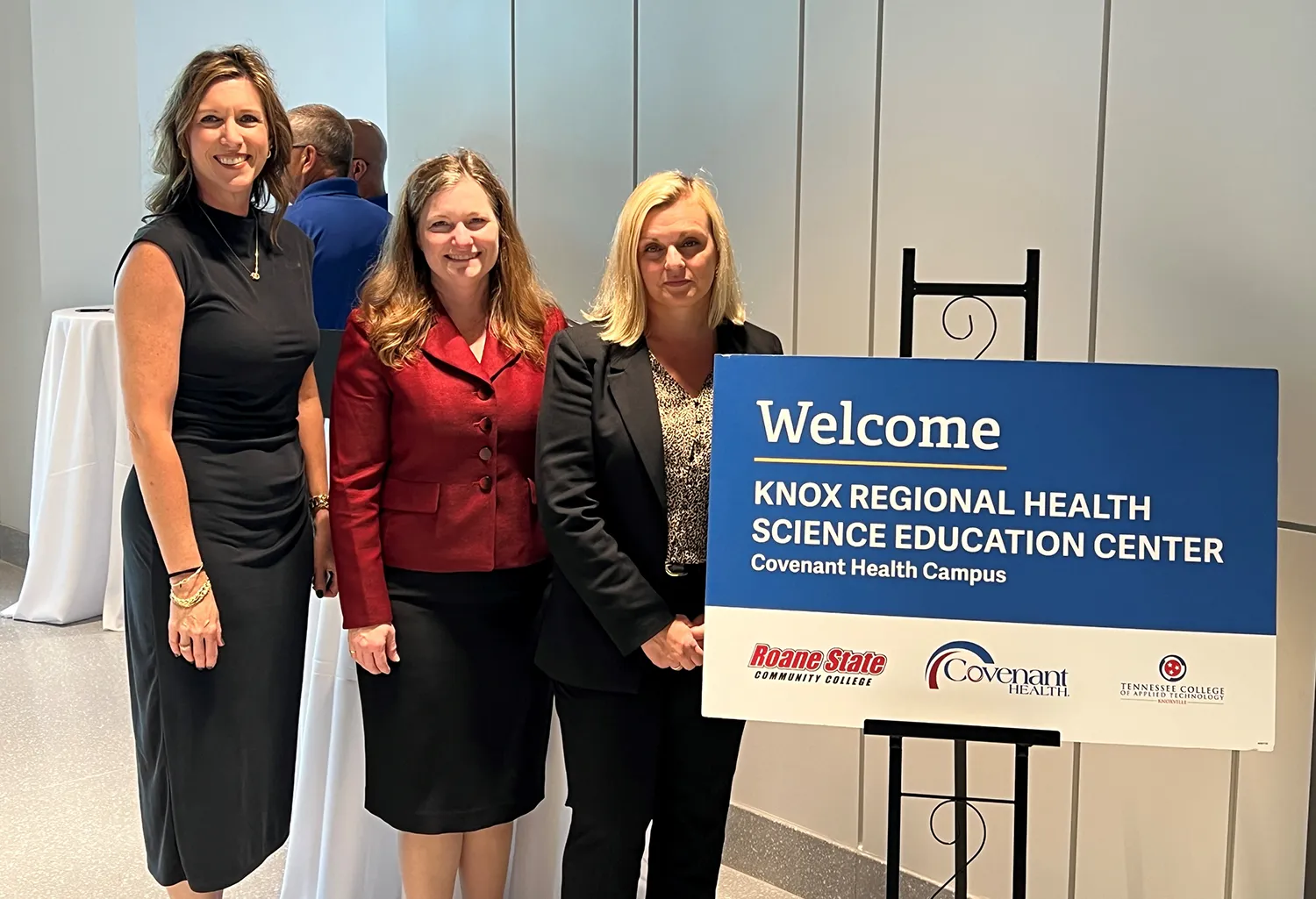
ORAU seeks solutions for the labor shortage in the healthcare industry.
My career has focused on various aspects of healthcare since I became a public relations practitioner nearly 30 years ago. I’ve worked for a health insurer, a hospital, a nationally recognized cancer non-profit and a public health department. While there are many differences in the organizations for which I’ve worked, a major commonality has been a sense of alarm at the growing shortage of healthcare workers.
According to a 2025 study by Ringo, a healthcare workforce technology company, the United States will need to hire 2.3 million healthcare workers just this year to meet the needs of the country’s aging population. By 2030, the U.S. will face a shortage of 49,000 primary care physicians. Additionally, nearly one-third of nurses working today are older than 50, and significant numbers of nurses are expected to retire over the next five to 10 years.
While the need for healthcare workers of all types is increasing, data shows a decline in enrollments for nursing programs and medical schools. Enrollment in entry-level baccalaureate nursing programs decreased by 1.4% in 2024, ending a 20-year period of growth in programs for registered nurses, according to the American Association of Colleges of Nursing. Master’s degree and doctoral degree programs in nursing are also seeing decreases. Similarly, medical school enrollments have decreased by 1.2% for 2024-25, the third year of decline in a row.
As degree program enrollments decrease, healthcare workers are leaving the industry for a variety of reasons, including retirements, burnout, stress, income dissatisfaction and policy barriers, much of which was accelerated by the 2020 COVID-19 pandemic.
The effects of this shortage can be felt in every corner of the healthcare industry and in society. As fewer professionals join the healthcare industry, the medical staff who remain are forced to work longer hours, pushing themselves past their limits to make sure their patients get the care they need. In public health emergencies, response times can be delayed due to a lack of trained professionals. Fewer hospitals and facilities open, meaning that patients themselves have limited access to healthcare, especially in rural areas.

Brenda Blunt, ORAU senior director of health and resiliency strategy, is looking for solutions for the nursing shortage.
Those who are critically ill risk becoming sicker as they search for healthcare providers. And all of this is costly to both the patient and the hospital, as a lack of timely healthcare can sometimes mean that the only option is an emergency room visit.
“This critical issue weakens our nation at every level – in health outcomes, socioeconomic status, quality of life, and even national security,” said Brenda Blunt, ORAU senior director of health and resiliency strategy. A trained healthcare professional herself, Blunt knows firsthand what the effects of the healthcare worker shortage are. “A strained healthcare workforce compromises access to essential services, exacerbates access to quality healthcare issues for everyone, and diminishes the ability to respond effectively to public health emergencies and crises. Addressing this shortage is essential to building a resilient, accessible, and sustainable healthcare system that supports the well-being of individuals, communities, and the nation. ORAU is uniquely positioned to drive innovative solutions, leveraging partnerships, research, and workforce development initiatives to tackle this pressing challenge.”
Solving the healthcare worker shortage is critical to the overall health of the nation. ORAU’s mission is to advance national priorities in science, health and learning, which means this is an important issue for our company.
Here are two ways ORAU has offered our expertise and support to make a difference wherever we can in increasing the numbers of healthcare workers in our region.
Supporting Family Medicine Residency Program
ORAU has supported the launch of the Family Medicine Residency Program at Methodist Medical Center (MMC) in our own community of Oak Ridge in East Tennessee.

ORAU supported the launch of the Family Medicine Residency Program at Methodist Medical Center; Getty Images, J. Michael Jones
When MMC created the Methodist Family Medicine Residency Program in 2024, ORAU donated funds to help launch the program and sponsor one of the patient rooms in a new residency clinic. This Methodist Family Medicine Residence Program is designed to produce new family medicine physicians who are trained in cutting-edge medical practices and compassionate care through hands-on training.
Residents in this three-year program are trained in a variety of healthcare methods to prepare for their careers, including telehealth and in-person appointments, virtual consultations and hospital visits. Residents get the opportunity to treat a wide array of patients. The benefit is not just for themselves, but for the healthcare needs of patients from across the region. Residents also train in urgent care and inpatient experiences, as well as counseling and behavioral health, chronic disease management and more for a full range of family health medical care.
The ultimate hope is that as these physicians complete the program, they will set up a family medicine practice in the East Tennessee region with a ready-made patient clientele, seeing the patients that they’ve already built healthcare relationships with through the residency clinic.
Supporting health science education
ORAU has also supported the construction of the Knox Regional Health Science Education Center, a 130,000-square-foot facility near Parkwest Medical Center in Knoxville, Tennessee. A ribbon-cutting and sneak peek event was held on Thursday, Sept. 18, 2025.

Leigha Justice, Brenda Blunt and Meghan Millwood represent ORAU at the ribbon cutting for the Knox Regional Health Science Education Center.
The facility will house health science programs offered by Roane State Community College in Oak Ridge and the Tennessee College of Applied Technology, Knoxville. The health science education center is the new home of existing nursing, EMS, sleep study and respiratory health programs; and programs in cardiovascular technology, healthcare administration and public health will be added.
A key feature of the facility is a large-scale, multi-purpose simulation center intended to immerse students in real-world scenarios to enhance their training. The facility is due to open this fall with the first students enrolling in the spring semester of 2026.
“Both the Family Medicine Residence Program at MMC and the Knox Regional Health Science Education Center will help prepare students to be a vital part of our future healthcare workforce, further strengthening the economy of East Tennessee,” Blunt said.
Fostering interests in healthcare careers
ORAU’s long-standing expertise in workforce capacity building in STEM (science, technology, engineering and mathematics) careers as well as public health and healthcare gives us a unique understanding of the overall landscape and the ability to do our part to meet the need for more healthcare workers.
“ORAU works with government agencies, academic institutions, and private organizations to tackle critical challenges in systems,” explained Blunt. “By partnering with colleges, universities, and K-12 schools, ORAU can help build educational programs that inspire interest in healthcare careers and create pathways to increase the number of trained professionals.”

From academia to government agencies and from private organizations to K-12 schools, ORAU works to connect people with interest in healthcare to pathways for training.
ORAU’s goal is to assess legislation and policy that impacts overall healthcare and programs designed to increase the numbers of healthcare workers, and develop micro-credentialing programs, or short-term programs that can train professionals in specific areas of expertise.
“ORAU’s dedication to workforce development extends to STEM education and training programs,” said Blunt. “By fostering interest in healthcare careers, improving education pathways, and supporting professional development, ORAU can help build a pipeline of skilled healthcare workers to address current and future shortages.”
Blunt said developing innovative training and education programs will be key to improving enrollments and strengthening the existing healthcare workforce pipeline. She said schools should use virtual reality and simulation technology so that those students will be prepared for real-world scenarios. The importance of online education also cannot be overstated, as access to schooling itself is a barrier, and flexible learning is one avenue to ending the healthcare worker shortage.
“Building a healthcare workforce that is sustainable and resilient is not just a matter of planning for the next crisis—it is about creating a system that adapts to challenges while prioritizing the well-being of the people who provide care,” said Blunt.
By supporting and strengthening innovative education programs, as well as offering expertise in workforce planning, resilience building and adaptability, ORAU can help ensure that healthcare professionals are supported and empowered to meet the demands of tomorrow. A resilient healthcare workforce is the foundation of a healthier, stronger, and more secure future.
References:
- Health care workforce shortages
- 5 Health care workforce shortage takeaways for 2028
- ORAU has been involved in the fight against cancer in various ways for more than 70 years
- Family Medicine Residency Mission and Aims
- Health workforce shortage – doing the right things or doing things right?
- Health workforce: The health workforce crisis